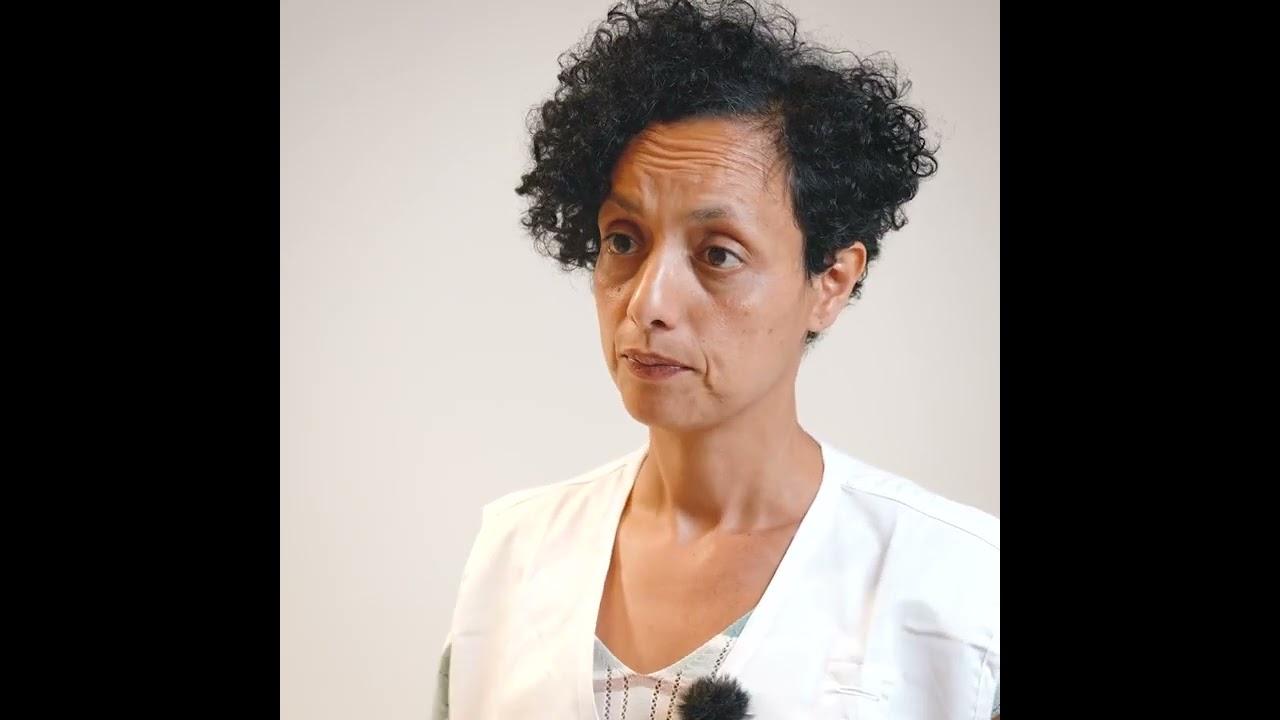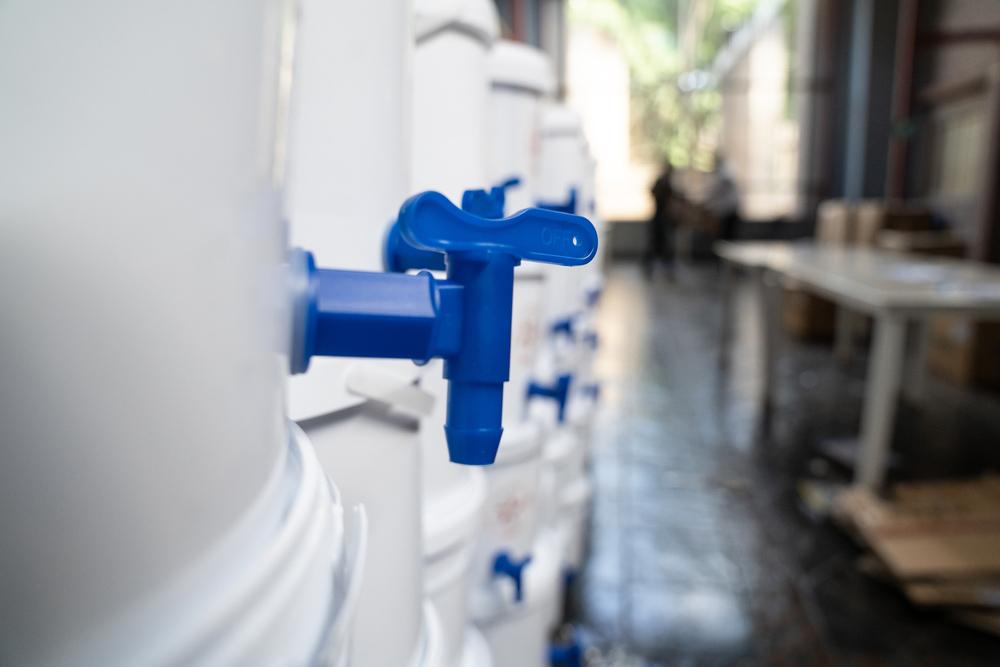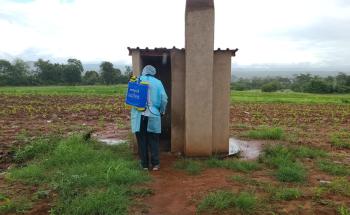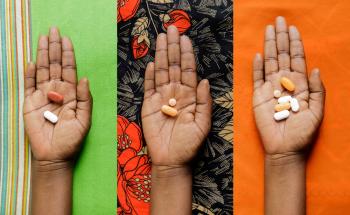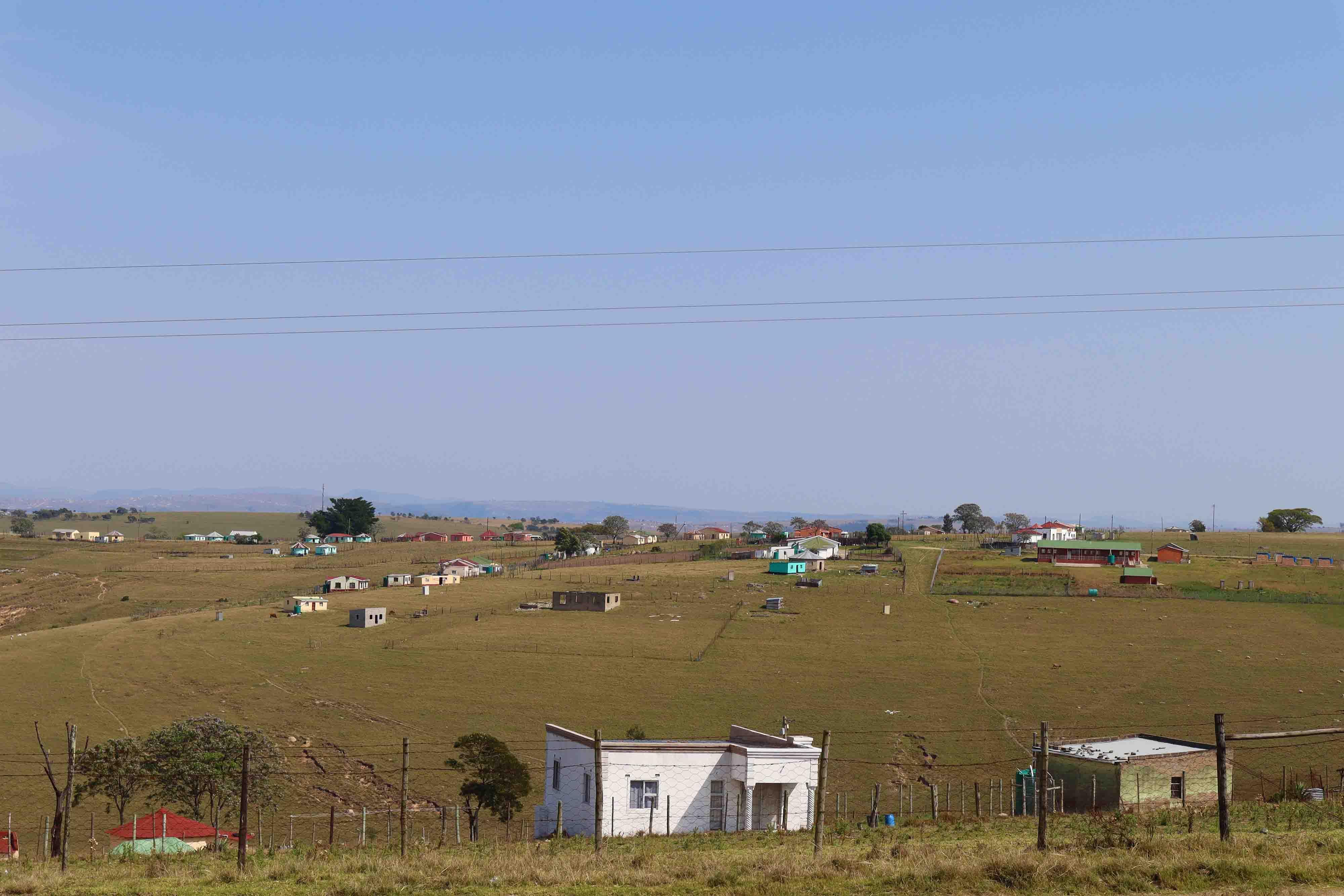Caused by a water-borne bacterial infection of the intestine, cholera is transmitted through contaminated food or water, or through contact with fecal matter or vomit from infected people. Cholera can cause severe diarrhoea and vomiting, and rapidly prove fatal, within hours, if not treated. But cholera is very simple to treat – rehydration is key. Most people respond well to oral rehydration salts, which are easy to administer. In more serious cases, intravenous fluids are required. Ultimately, no-one should die of cholera.
CHOLERA OUTBREAKS IN SOUTHERN AFRICA
In 2023, several countries in Southern Africa recorded a rapid surge of cholera cases. Since then, MSF has responded with interventions in several locations including Zimbabwe (Harare, Beitbridge, Chegutu), Mozambique (Quelimane, Macomia), Malawi (Mangochi, Lilongwe, Blantyre) and South Africa (Hammanskraal).
Cholera is not a new disease in Southern Africa; rather, it is endemic in countries such as Malawi, Zimbabwe, and Mozambique. Endemic status indicates a baseline expectation of cholera cases due to the presence of cholera bacteria and conducive environmental factors promoting its transmission.
The year 2022 witnessed a global upsurge in cholera cases, indicating that the situation in Southern Africa is not isolated. This trend persisted into 2023. However, what sets apart the 2023 scenario is the unexpected and concerning occurrence of cholera outbreaks in not only the endemic countries (Malawi, Mozambique, Zimbabwe) but also in South Africa. Particularly alarming are the large-scale outbreaks in Malawi and Mozambique, which deviate from the typical endemic pattern.
